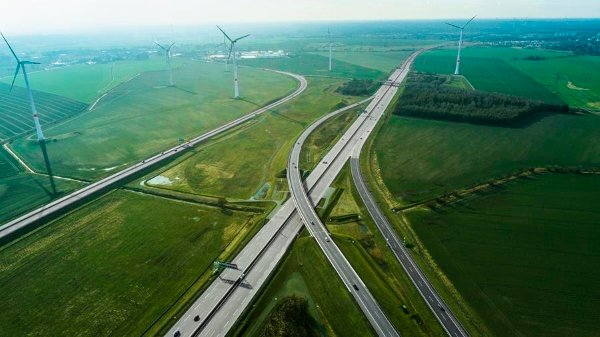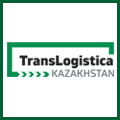
IRU, the world transport organisation, has launched a Green Compact for collective global action to achieve carbon neutrality in commercial road transport services by 2050.
Decarbonising the sector, comprising more than 65 million heavy-duty vehicles and accounting for approximately 2.5% of global CO₂ emissions, is essential to achieve global climate goals, including those set out in the 2016 Paris Agreement. IRU’s Green Compact lays out a clear roadmap to cut CO₂ emissions by at least 3 billion tonnes annually.
In adopting the Green Compact, IRU members were united in their historic commitment to address the enormous scope of the challenge, while at the same time maintaining competitive mobility and logistics services for the economies and communities that depend on them.
“Road transport performs a huge range of services: moving people and goods, over short and long distances, with light and heavy loads, in urban and rural areas. Almost every journey for people or goods involves some element of road transport, so we need to decarbonise without compromising the services we provide,” said IRU Secretary General Umberto de Pretto.
The Green Compact maps collective action from industry and government on new technology and infrastructure, modified operational practices and better collective services for transport users.
“If the Green Compact is implemented to its full potential, the road transport industry could be decarbonised well before 2050. But we can’t do this alone. Governments need to join us in taking action now on the enabling investment and incentives needed for road transport operators to deliver on decarbonisation,” added Umberto de Pretto.
Based on the more comprehensive well-to-wheel approach for measuring CO₂ emissions, the Green Compact has five pillars:
- Broad practical implementation of low and zero carbon fuels
- More efficient logistics with wider use of Eco-trucks
- Increased use of collective passenger transport with buses and coaches
- More efficient vehicle technologies and shorter fleet renewal cycles
- Education and training to improve driving and operational behaviour
“All countries have different transport and energy landscapes, with widely different challenges. The scalable approach in the five pillars of IRU’s Green Compact allows all regions to decarbonise road transport as rapidly and effectively as possible,” concluded Umberto de Pretto.
The Green Compact will kick off with a major public event in the coming weeks to challenge, explore and build alliances to deliver each pillar.
Source IRU




.jpg)






